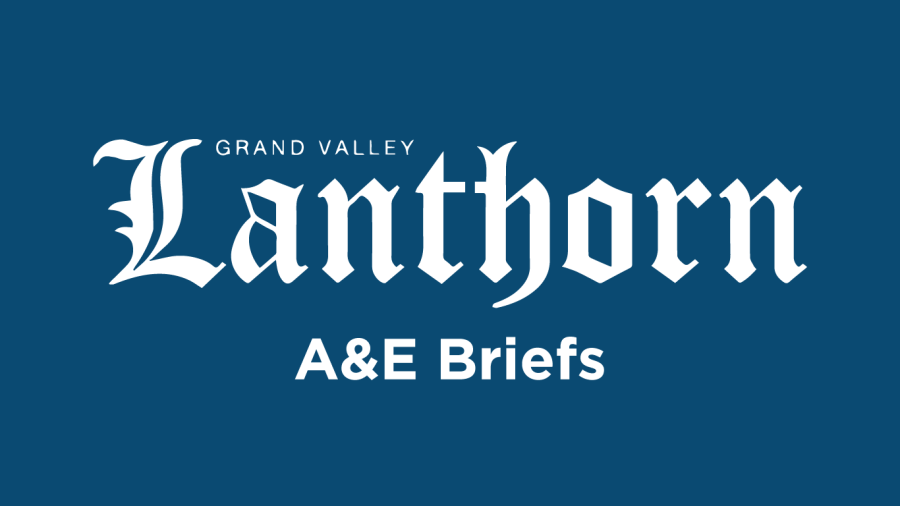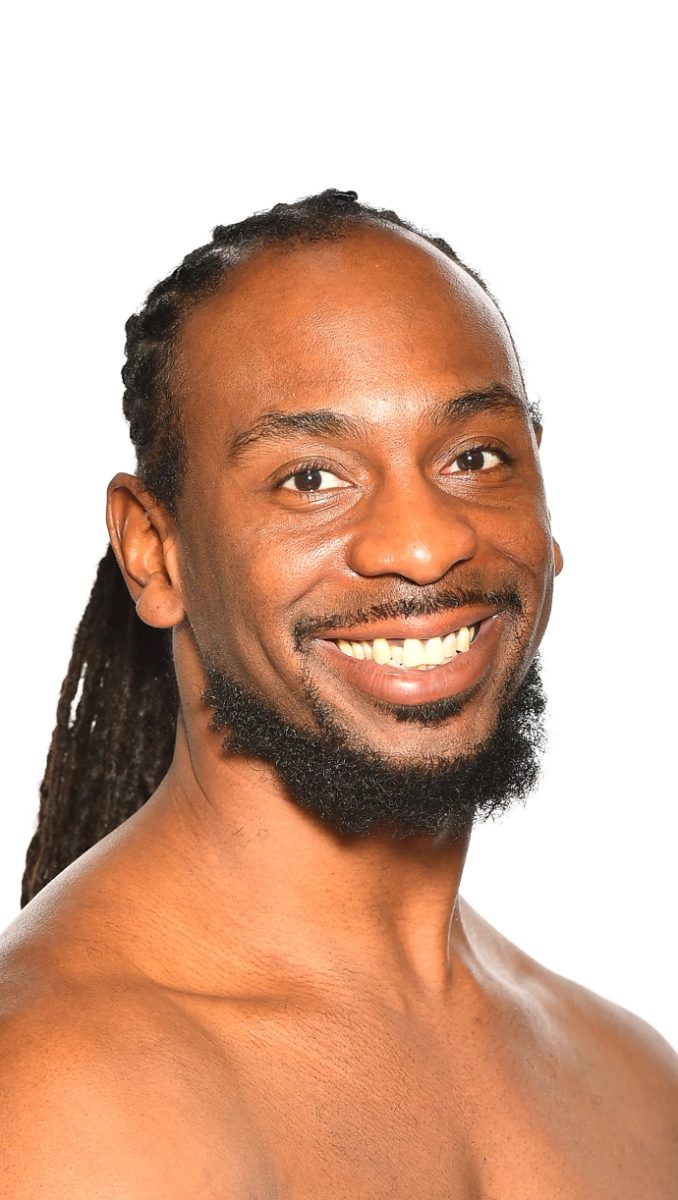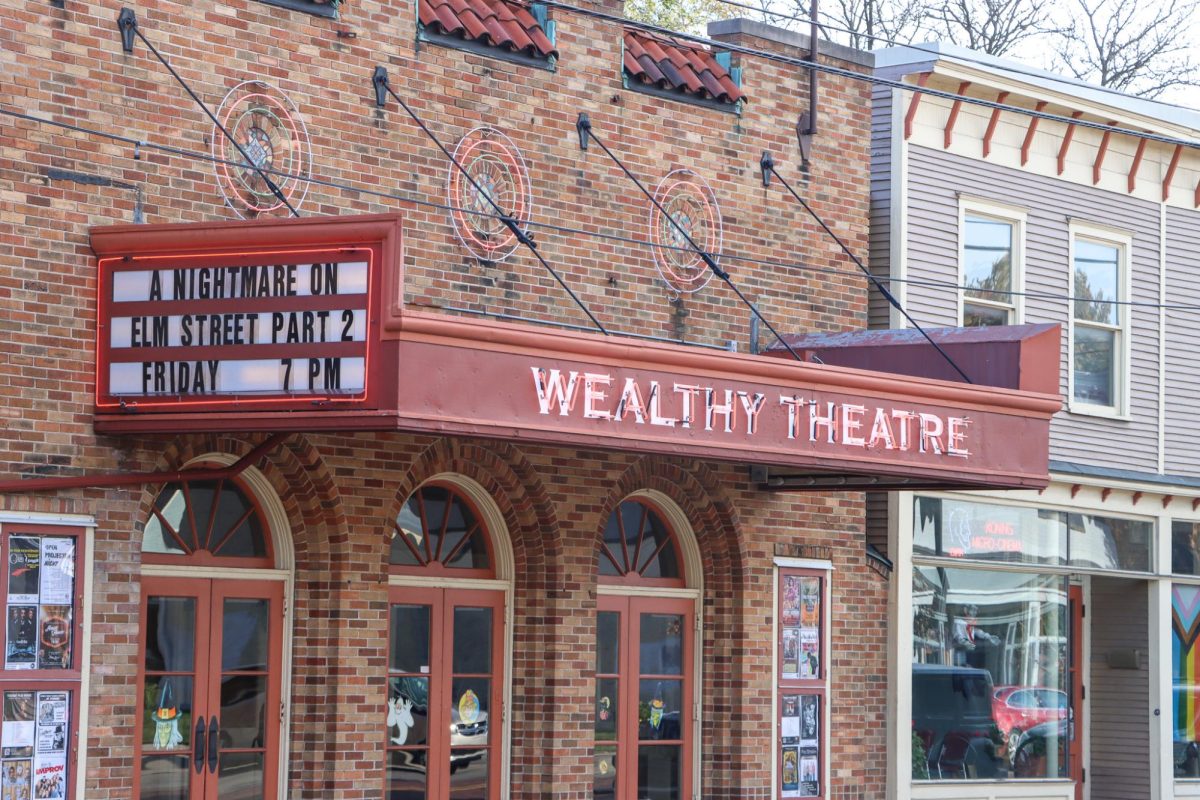Over the last two weeks, Grand Valley State University’s Women in Cinema club and Department of Visual and Media Arts held the first two screenings in their four-part Women of Iranian Film series. Organized by Padnos Distinguished Artist-in-Residence Kate Levy and GVSU Visiting Professor of Photography Mahsa Alafar, the series focuses on the lives of Iranian women.
On April 2, a selection of uncensored short films by Iranian female filmmakers were screened. The films examined several Iranian political issues with a focus on censorship.
As an Iranian artist and educator, Alafar said women in Iran face significant discrimination due to their gender. Since Iran functions as a patriarchal theocracy, Alafar said the women filmmakers in Iran face additional limitations to what they can include in their scripts and show on camera. One limitation is that women are forced to wear headscarves throughout the entire shoot regardless of setting, which Alafar said is “not realistic.”
Alafar said the censorship and unrealistic depiction of the lives of Iranian women creates a false reality. Because of this, Alafar said she was inspired to pick a selection of short films for the series that shared a common thread in their subversive commentary on the lives of Iranian women living in a censored world.
“The censorship is for everyone,” Alafar said. “Whatever that they (the Iranian government) don’t find in alignment with Islam, because it’s a theocracy, or it’s (your film) not aligned with the common sense that they define, they won’t let you make it.”
Conversely, Alafar also said censorship sometimes ends up fostering creativity in the way Iranian filmmakers incorporate personal statements into their films, which they then must carefully navigate. As a result, Alafar said audiences are able to form their own opinions and draw conclusions that might be different from the narrative seen in Western media.
“I think it’s interesting to have a different perspective on (Iranian) culture based on film,” said Caroline Hamilton, a member of Women in Cinema. “Film is a medium where you can tackle topics that are a little bit more controversial or hard to get away with.”
Another important aspect of the film series is honestly and accurately portraying the day-to-day lives of Iranian women without victimizing them. Caitlyn Shaw, a member of the Women in Cinema club, said she found this perspective particularly refreshing because many of her film classes almost exclusively screen American and European films.
“From an American cultural point of view, we’re far too focused on saying, ‘Oh, these women are victims, look at all of this oppression they go through,’ but they’re still people behind all of that,” Shaw said. “I feel like with these films, you really see that there is so much more to these women than just the political circumstances they’re put in. I think it’s important to show these films to give us a level of depth and nuance that we don’t really get from the news and media at large, or in our classes.”
Still, Alafar emphasized that these films probably will not lead to policy or legislative changes in regards to Iran’s rampant censorship. However, Alafar said Iranian female filmmakers are finally having their work seen by the wider film industry thanks to increased distribution at international film festivals in recent years. She hopes this will spark conversations for change.
“You are not defined by the world you’re living in or the circumstances you’ve been dealt,” Hamilton said. “I think that’s really important, especially for Iranian students and female filmmakers.”
The Women of Iranian Film series will finish with screenings on April 9 and 16 from 7-9 p.m. in Lake Superior Hall Room 174.
























